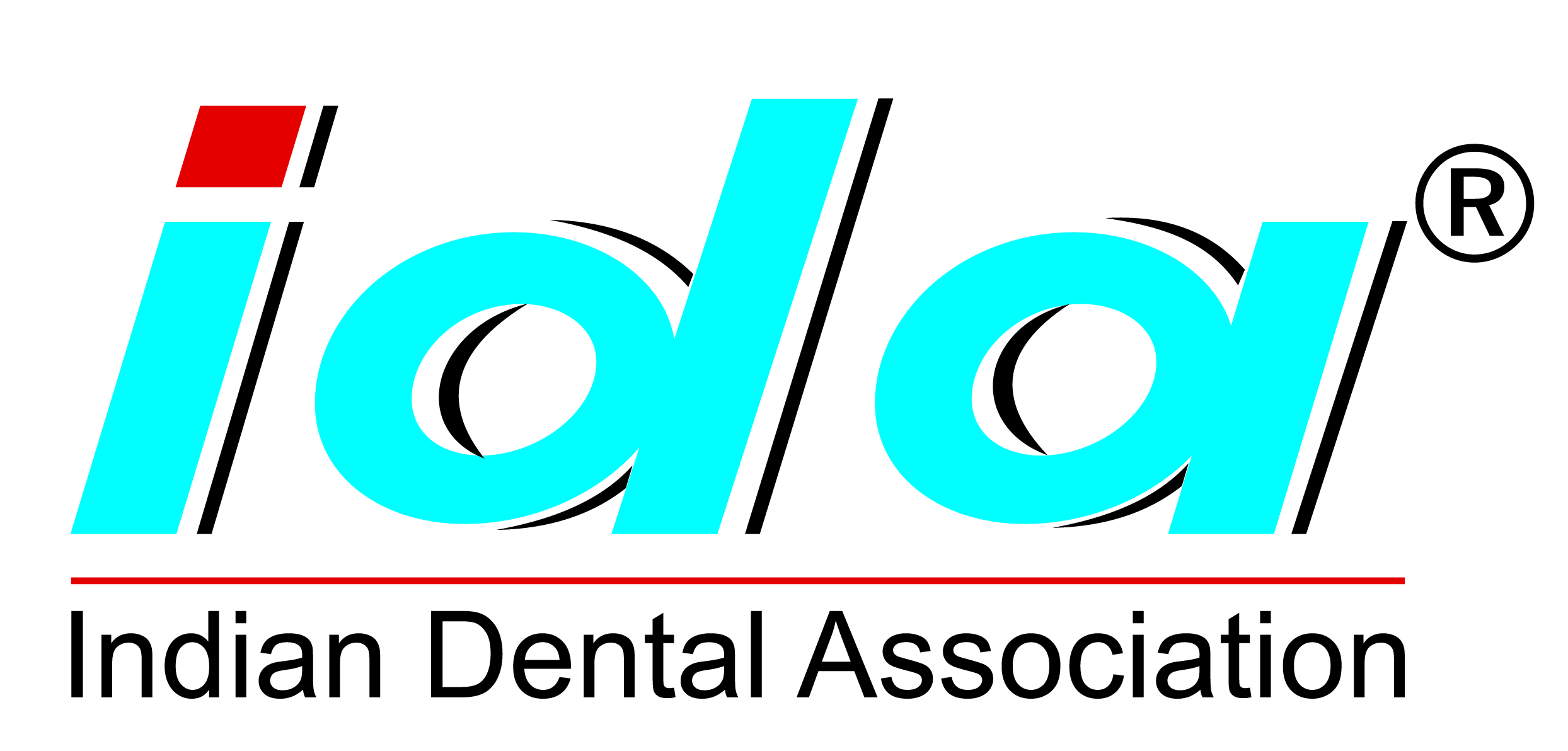Clinical skill does not determine the succes of your practice. Your future and financial
freedom are completely dependent on your abilities as an executive and administrator.
Those skills and abilities are what Practice Management will bring about in you.
Appointment scheduling helps maintain a productive patient flow. It is based on:
- Type of dentistry performed.
- Style and work philosophy of the dentist.
- Size and type of patient pool.
- Office facilities, equipment and infrastructure.
- Staff considerations.
Usually the receptionist is responsible for the appointment scheduling. Most dental
offices have fixed appointments and tentative scheduling which require confirmations.
The appointment book helps the dentists plan his day in advance, eliminating unnecessary
interruptions. The assistants can also prepare the operatory in advance, by knowing
what treatment is to be done
An appointment book large enough to enlist the required details should be selected.
Computerised appointment schedulers can be used. In group practices, separate appointments
book will help to avert unnecessary confusion. A book with multiple columns can
help in error free scheduling for different operatories and for dentist, associate
or hygienist.
Entries should be made in pencil and should include the following
- Patient name.
- Telephone number.
- Length of appointment time.
- Anticipated treatment to be provided.
-
Reminder calls or confirmations of appointment in addition to payment reminders
can also be noted in the appointment scheduler, so that the staff's attention is
drawn to it before the patient leaves the operatory. Emergency appointments should
be seen on the day they are called in, but in such a manner that they do not unduly
disrupt the scheduled day.
-
A first time emergency patient should be treated such that he becomes a regular
patient of your clinic.
-
Mark in advance vacations, national or public holidays when your operatory will
be closed or are short staffed. This will help to avoid inconveniences to you and
your patients.
-
All dentist must respect their patient's time and avoid long waiting periods. Inform
your patients in advance if you are running behind schedule.
-
If the dental office uses a software, then scheduling for multiple specialists,
hygienists and associates become easier.
Pre-scheduling helps expedite the patients visit. This helps complete new patient
form before the dentist arrives.
One way to plan this is by deciding your most effective hours and schedule the more
difficult and lengthy procedures for then. By giving longer appointment you can
finish more work in less appointments. This benefits both the dentist and patient.
Less anxiety, transportation and loss of work time for the patient. Dentist and
staff do not have to reorient and organise for the same patient on multiple occasions
The receptionist should have a ready list of persons who can be called in on short
notice in order to keep all prescheduled time (time blocked for walk ins or emergencies)
booked
This in total creates a positive experience of trust which is vital to dental practice
support
Patient scheduling can optimise your working hours. If you have more than one operatory
then you can treat the first patient in one operatory while the second is checked
by your assistant. Simultaneous treatment allows you to generate more business without
compromising on your attention and time spent with each patient.The daily list of
appointments should enlist the scheduling for both operatory
If a patient has substantial dental care needs that require elaborate treatment,
it is best to briefly outline the problem and make a lengthier appointment. In the
interim, you can chart out a treatment plan suited for this individually. This will
include the treatment to be given at each appointment, in addition to scheduling
of to the appointment and time required per visit.
Last minute cancellations and no shows are unnecessary hassles faced by practitioners.
Some dentists charge for a failed appointment. However, this generates negativity
in the patient, as opposed to being a remedial measure. It is more effective, to
increase the importance of dental visits, respect for doctor's time and stress accountability
on the patient's part.
Encourage commitment from the patient when making an appointment. If a patient misses
an appointment, do not blame the patient. Be gracious and explain to the patient,
that last minute scheduling interferes with dental care and also disrupts the office.
Such a personal touch has been known to be more effective.
The dental staff should understand that sometimes situations arise that require
re-scheduling of appointment. A smoothly functioning dental office depends on effective
and strategic scheduling. A disruption in schedule with subsequent patient delays
is known to be one of the major reasons for patient dissatisfaction
Following tips optimise your work day:
- Consider longer appointment time (60- 90 minute) per patient.
-
Give patients options for time as per their convenience (e.g.: afternoon or morning
slots).
-
Institute a 24-48 hour cancellation policy, to reduce no shows and last minute cancellations.
-
Communicate to the patient if your office is running behind schedule. Patients are
more tolerant when informed in advance.
- Allow staff more liberties while handling office scheduling.
- Periodically review your scheduling of appointments with your dental team.
- Electronic scheduling can also be very effective





